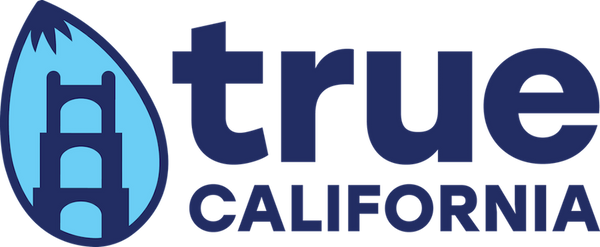Let's be honest. We all want to be a little healthier and lose a little more weight. It's a top 10 new years resolution for sure. We've been hearing about calorie dense diets and how they're bad for you. Here's what we learned.
Calorie dense diets are exactly what the name says they are. Diets that are high in calories but with small amounts of food. These foods usually aren't a good source of nutrients either. Foods high in sugar and fats are calorie dense. Processed and fast foods are calorie dense too. No brainers, right?
OK, so what's a non-calorie dense diet? Apparently, it's a nutrient rich one. (We weren't very impressed with the name, either.) A nutrient rich diet focuses on foods high in essential nutrients while being low in calories. Foods that make this list include fruits and veggies, whole grains, lean proteins, dairy or dairy alternatives, healthy fats, and, yup, nuts and seeds. Yay!
Wait, so what you're telling me is to stay away from junk foods and eat more natural, wholesome foods? That's when we felt duped. Calorie dense, nutrient rich are just the same healthy eating concepts that we all know to be true. It's good to remind ourselves that nurtrient rich diets are often associated with better weight management, reducing the risk of chronic diseases, and improved energy levels.
The most interesting find was that nuts appeared on both the calorie dense and nutrient rich list. So nuts are good and bad for you? Well, yes. You can have too much of a good thing. Nuts are packed full of the healthy nutrients you need, but you can also overeat them and get too much fat and protein from them, even though these are healthy fats and lean proteins. Moderation is always the key. Just a handful of nuts a day goes a long way.
So, overall the nutrient rich diet message is an oldie but a goodie. Eat a colorful plate with a mix of fruits and vegetables. Choose whole foods with natural nutrients over processed foods. Balance your macro-nutrients of carbs, proteins, and fats. Stay away from sugars, salts, and fried foods. Watch your portion sizes and keep hydrated!
Everyone is different and each person needs an individualized approach. Do what works best for you. However, we think the common denominator for all of us is to drink enough water and get good sleep. We're no doctors, but we think focusing on these two simple things can help you feel a ton better and help you make healthier choices each day. Talk to your doctor or a nutritionist and set a goal. It's a new year, make it a good one!
Interesting Reads if You Want to Learn More
- https://www.heart.org/en/healthy-living/healthy-eating/eat-smart/nutrition-basics/how-can-i-eat-more-nutrient-dense-foods
- https://www.healthline.com/nutrition/50-super-healthy-foods
- https://www.medicalnewstoday.com/articles/324713
- https://www.msmc.com/transforming-nutrient-dense-foods-into-exceptional-meals/
- https://azheartfoundation.org/the-11-most-nutrient-dense-foods-on-the-planet/
- https://www.mayoclinichealthsystem.org/hometown-health/speaking-of-health/maximize-memory-function-with-a-nutrient-rich-diet
- https://www.mayoclinichealthsystem.org/hometown-health/speaking-of-health/make-every-calorie-count-with-nutrient-dense-foods
- https://www.sciencedirect.com/science/article/pii/S0002916523017847
- https://pubmed.ncbi.nlm.nih.gov/20181811/

